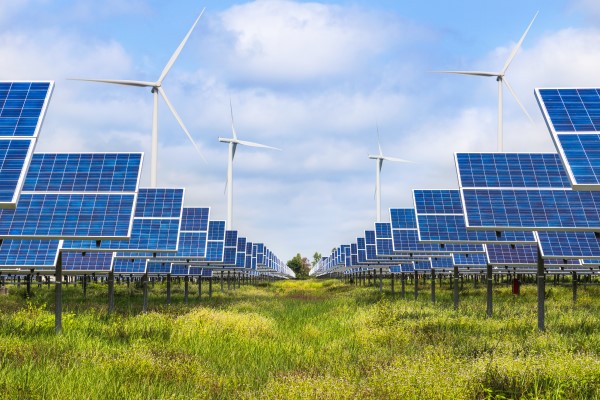Vietnam’s Just Energy Transition Program (JETP)
RCEE-NIRAS is advising Vietnamese Government Agencies on establishing a JETP a strategic document in respond to political declaration...
Vietnam’s JETP political declaration has been made between the Vietnam and the International Partners Group (IPG). The IPG is made up of the EU, the UK, the USA, Japan, Germany, France, Italy, Canada, Denmark, and Norway. Full Political Declaration on establishing the Just Energy Transition Partnership with Viet Nam.
https://ec.europa.eu/commission/presscorner/detail/en/statement_22_7724
The US$15.5 billion committed as part of the JETP agreement will be made up of public sector finance and private sector finance. It is to be mobilized over the next three to five years.
Public sector finance will account for half of the amount on offer at US$7.75 billion. This will be provided by the countries party to the agreement and should be provided on ‘more attractive terms’ than Vietnam might get on international capital markets.
The other US$7.75 billion will be provided by the private sector, led by the Glasgow Financial Alliance for Net Zero (GFANZ). Note that this is subject to the public sector finance outlined above being secured.
The GFANZ is a group of private institutions set up at COP26 in Glasgow to provide private sector funding for the global green energy transition.
With regard to Vietnam’s JETP agreement, a working group of GFANZ members was put together including the Bank of America, Citi, Deutsche Bank, HSBC, Macquarie, Mizuho Financial Group, MUFG, Prudential Plc, Shinhan Financial Group, SMBC Group, and Standard Chartered.
RCEE-NIRAS is advising Vietnamese Government Agencies on establishing a JETP a strategic document in respond to political declaration and based on that a Resources Mobilization Plan (RMP) can be developed and published as soon as possible by November 2023 to identify the new investment requirements and opportunities – for the development and implementation of wind, solar, transmission, energy efficiency, storage, electric vehicles, training, retraining and vocational support for employment among others - and measures to facilitate the deployment of support and overcome barriers to investment, to deliver Viet Nam's just energy transition.
The Vietnam’s JEPT aims to:
· Reduce the power sector's annual emissions by up to 30% from 240 million tons to 170 million tons and accelerate emissions peaks five years early by 2030.
· Reduce Viet Nam's project pipeline for coal-fired generation, currently standing at a planned capacity peak of 37GW, towards a peak of 30.2 GW
· Accelerate the deployment of renewable energy so that it accounts for at least 47% of total electricity generation by 2030, up from the current 36% plan.
· Accelerate the deployment of renewable energy move beyond the current planned figure of 36% towards at least 47% of electricity generation coming from renewables.

 English
English  Tiếng Việt
Tiếng Việt 